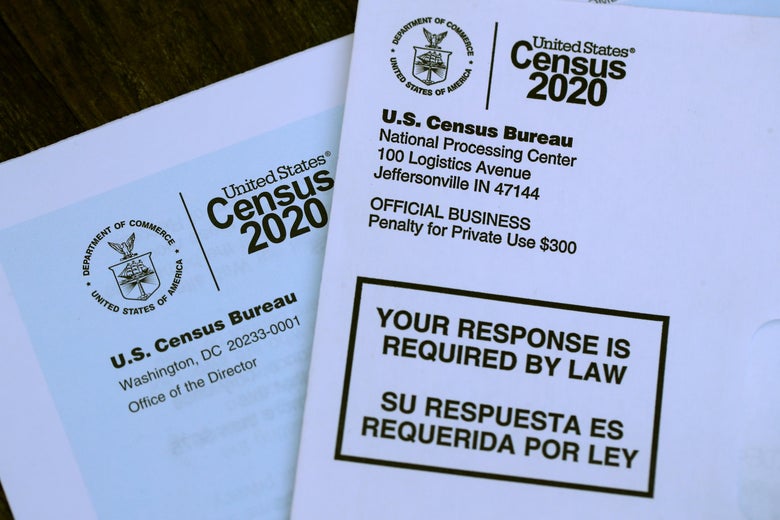
Much to the dismay of civil rights groups, demographers, Democrats, and really anybody with an interest in political fairness or statistical rigor, the Trump administration is now set to bring this year’s all-important Census count to an early end.
This week, the government reported that 99.9 percent of households in the country had already been “enumerated,†to use the Census Bureau’s technical term.
First, in some parts of the country, a smaller share of households may have been counted than the headline 99.9 percent figure lets on.
And given that the Census Bureau has been on a mad dash to finish its job amid a pandemic, there’s good reason to worry about widespread errors.
“The 99.9 percent completion rates is a smokescreen and it is misleading,†says Terri Ann Lowenthal, a Census expert and consultant for the Leadership Conference Education Fund, which has spearheaded this year’s Census Counts advocacy campaign to ensure the count is accurate and fair.
When the Census Bureau says that 99.9 percent of all American households have been “enumerated,†what it means is that the government believes it has counted the number of people living at nearly all of the residential addresses contained in its master list.
The potentially bigger issue, however, is that many households may just have been counted incorrectly—and marginalized groups are especially likely to have been undercounted in the rush to get the Census done.
“They only had the names of the people who signed the lease,†said one census taker, who spoke on the condition of anonymity because the bureau prohibits speaking with reporters.
This is also the first year that the Census Bureau has tried to use administrative data, such as tax, Medicare, and Social Security records, to try and count some households that did not fill out their own responses.
In short, assuring us that 99.9 percent of households have been counted in order to end the Census early doesn’t really tell us much of anything about whether the data is any good.
But a small amount of extra time could have made important differences at the margins, allowing Census takers to knock on more doors, especially in undercounted areas like Shreveport, and giving more households the chance to send in their own Census forms at the last minute.
“A very large number of households have been counted in ways that guarantee errors and inequalities and less quality data that we could have in two or three weeks,†former Census Bureau Director Kenneth Prewitt told me.